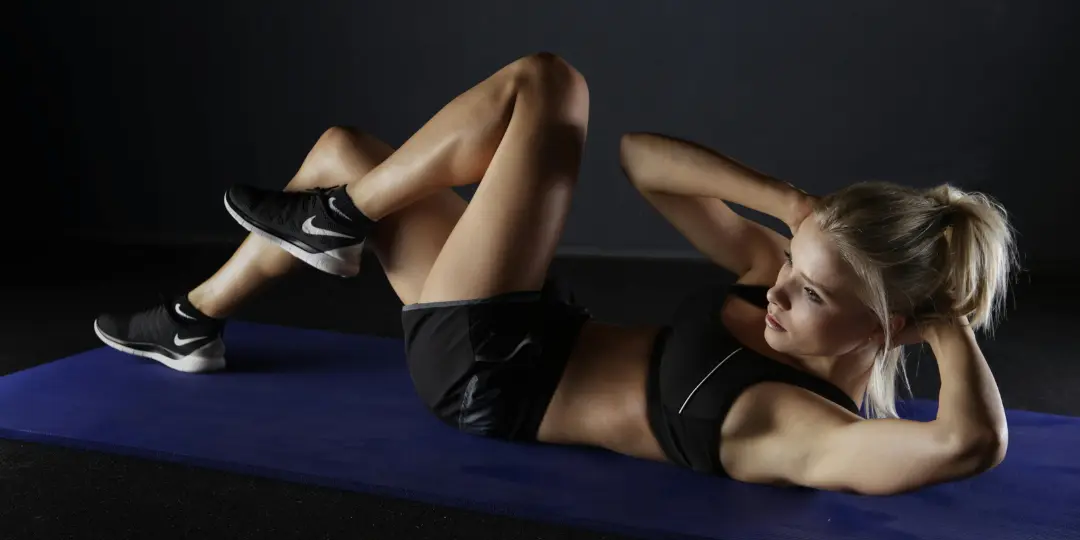Introduction:
The evolution of fitness in recent years has brought major changes to the industry. The focus has shifted away from isolated exercises and static movements. Functional fitness has emerged as the new standard, revolutionizing the way we approach exercise and training. This shift is not a fleeting trend; it’s a paradigm change that’s here to stay.
What is Functional Fitness?
Functional fitness focuses on exercises that mimic daily life movements, improving coordination, balance, and overall functional ability. It combines elements of strength training, cardio, and mobility to enhance performance in everyday activities. This holistic approach prepares the body for real-world challenges, making it an essential component of modern fitness.

Why Functional Fitness is Gaining Popularity:
- Injury Prevention: Functional training strengthens the body’s stabilizer muscles, reducing the risk of injury in daily life.
- Improved Mobility: Functional exercises enhance flexibility and range of motion, making daily tasks easier.
- Enhanced Athletic Performance: Functional training improves power, speed, and agility, benefiting athletes and non-athletes alike.
- Real-World Application: Functional fitness prepares the body for everyday challenges, such as lifting groceries or playing with children.
- Variety and Engagement: Functional workouts are often dynamic and varied, reducing boredom and increasing motivation.
Key Components of Functional Fitness:
- Compound Exercises: Squats, lunges, deadlifts, and bench press.
- Plyometrics: jump squats, box jumps, and burpees.
- Functional Movements: crawls, carries, and rotational exercises.
- Core Training: planks, side planks, and rotational core exercises.
- Active Recovery: foam rolling, self-myofascial release, and dynamic stretching.



The Future of Functional Fitness
Functional fitness is all about building strength and movement skills that help in daily life, and it’s set to become even more popular.
More Technology in Workouts: Smart devices and fitness apps will keep improving, allowing people to track their movements and progress more accurately. This makes it easier to have workouts tailored to individual needs.
More demand for skilled trainers: People will increasingly look for trainers who are experts in functional fitness. These trainers focus on exercises that help with real-life movements, making them useful for anyone looking to improve overall strength and flexibility.
A Larger Role in Rehab and Recovery: Functional fitness is also becoming popular in physical therapy, as it focuses on movements that help people recover from injuries more naturally and safely.
The evolution of fitness suggests that functional fitness will continue to expand, with technology and expert trainers making workouts more practical and effective.
Conclusion:
Functional fitness is not a passing fad; it’s a sustainable, effective, and efficient approach to exercise. By embracing functional training, individuals can improve overall fitness, reduce injury risk, and enhance daily life performance. As the fitness landscape continues to shift, one thing is clear: functional fitness is here to stay.


For Advertisment & Article Conatct :+91 7321012159